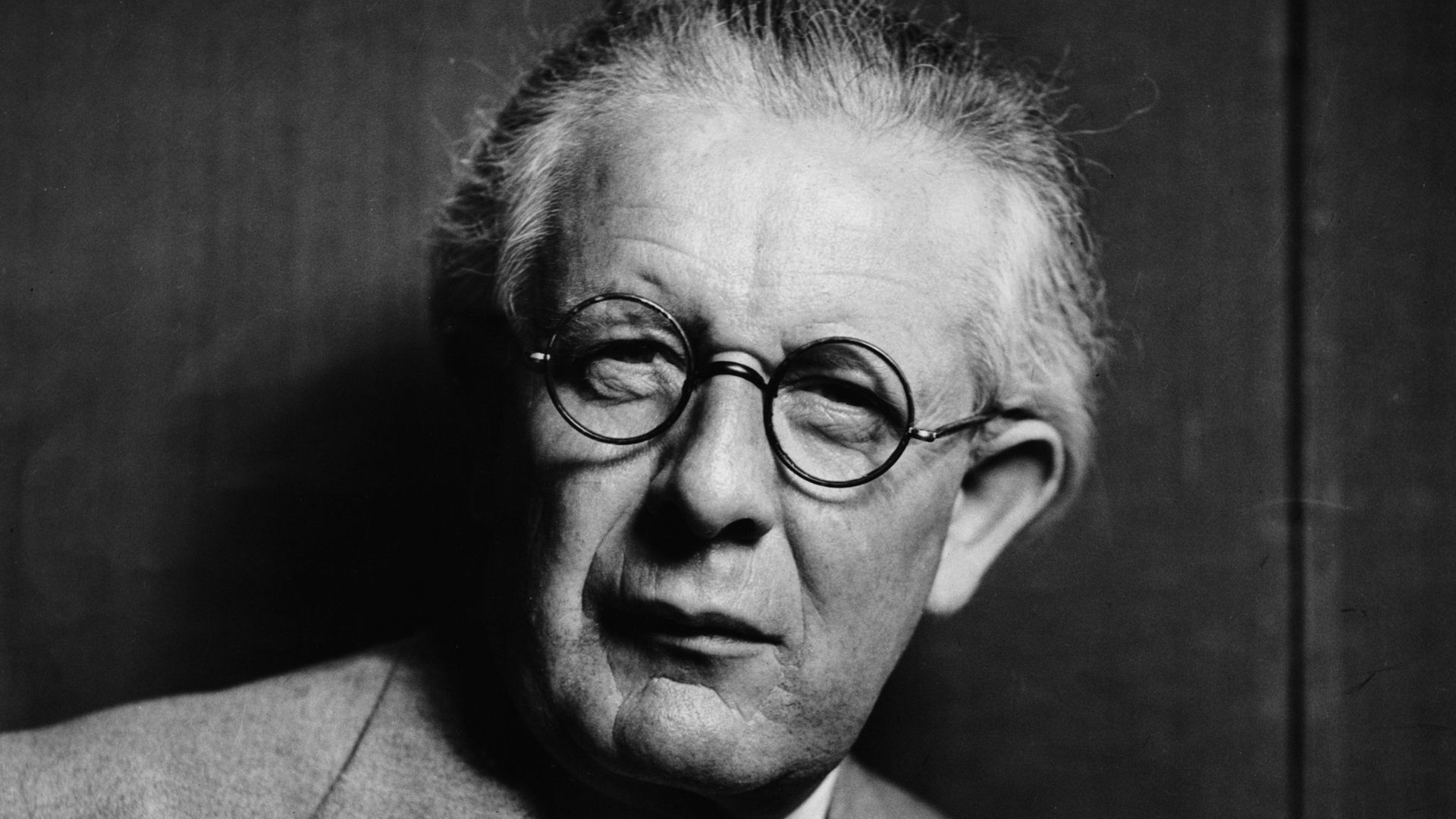
Who was Jean Piaget? Jean Piaget was a Swiss psychologist known for his groundbreaking work in child development. Why is he important? His theories on cognitive development have shaped how we understand children's learning processes. Piaget's research revealed that kids think differently than adults, leading to the development of educational practices that cater to their unique ways of understanding the world. What did he discover? He identified stages of cognitive development, such as the sensorimotor, preoperational, concrete operational, and formal operational stages. These stages explain how children's thinking evolves as they grow. Why should you care? Understanding Piaget's theories can help parents, teachers, and anyone working with children to foster better learning environments.
Key Takeaways:
- Jean Piaget was a Swiss psychologist who revolutionized our understanding of child development. His theories emphasized the importance of stages in cognitive growth, impacting education and psychology worldwide.
- Piaget's work promoted child-centered learning, discovery learning, and constructivism, shaping modern educational practices. His legacy lives on through his groundbreaking theories and their application in education.
Who Was Jean Piaget?
Jean Piaget was a Swiss psychologist known for his pioneering work in child development. His theories have shaped how we understand cognitive growth in children. Here are some fascinating facts about his life and work.
-
Born in Switzerland
Jean Piaget was born on August 9, 1896, in Neuchâtel, Switzerland. His early interest in biology and philosophy laid the groundwork for his future studies in psychology. -
Early Interest in Science
At just 11 years old, Piaget published his first scientific paper on an albino sparrow. This early achievement showcased his keen observational skills and passion for science. -
Studied Under Carl Jung
Piaget studied under Carl Jung and Eugen Bleuler in Zurich. This experience exposed him to psychoanalytic theories, which influenced his later work.
Piaget's Theories and Contributions
Piaget's theories revolutionized our understanding of child development. His work emphasized the importance of stages in cognitive growth.
-
Theory of Cognitive Development
Piaget's most famous theory is the Theory of Cognitive Development. It outlines how children progress through four stages: sensorimotor, preoperational, concrete operational, and formal operational. -
Schemas
He introduced the concept of schemas, which are mental structures that help individuals organize and interpret information. Schemas evolve as children interact with their environment. -
Assimilation and Accommodation
Piaget explained how children learn through assimilation (integrating new information into existing schemas) and accommodation (adjusting schemas to fit new information).
Impact on Education
Piaget's work has had a lasting impact on educational practices and how teachers approach learning.
-
Child-Centered Learning
His theories promoted child-centered learning, where the focus is on the child's needs and interests rather than a rigid curriculum. -
Discovery Learning
Piaget advocated for discovery learning, encouraging children to explore and learn through hands-on experiences rather than passive instruction. -
Constructivism
He is considered a pioneer of constructivism, a theory that suggests learners construct knowledge through their experiences and interactions with the world.
Personal Life and Legacy
Piaget's personal life and legacy continue to inspire psychologists and educators worldwide.
-
Married to Valentine Châtenay
Piaget married Valentine Châtenay in 1923. They had three children, whose development he studied to inform his theories. -
Director of the International Bureau of Education
From 1929 to 1968, Piaget served as the Director of the International Bureau of Education, advocating for educational reforms based on his research. -
Prolific Writer
He authored more than 60 books and hundreds of articles, making significant contributions to psychology and education. -
Influence on Modern Psychology
Piaget's work continues to influence modern psychology, particularly in developmental and educational psychology. -
Passed Away in 1980
Jean Piaget passed away on September 16, 1980, in Geneva, Switzerland. His legacy lives on through his groundbreaking theories and their application in education.
Piaget's Lasting Impact
Jean Piaget's work reshaped how we understand child development. His theories on cognitive stages—sensorimotor, preoperational, concrete operational, and formal operational—have become foundational in psychology and education. Piaget showed that kids aren't just mini-adults; they think and learn differently at each stage of growth.
His research emphasized the importance of hands-on learning and discovery. Teachers and parents now use his ideas to create environments that encourage exploration and problem-solving. Piaget's influence extends beyond classrooms, affecting parenting styles and educational policies worldwide.
Understanding Piaget helps us appreciate the complexity of children's minds. His legacy lives on in how we nurture young minds, fostering curiosity and critical thinking. So, next time you see a child exploring their world, remember Piaget's insights—they're building the foundation for lifelong learning.
Frequently Asked Questions
Was this page helpful?
Our commitment to delivering trustworthy and engaging content is at the heart of what we do. Each fact on our site is contributed by real users like you, bringing a wealth of diverse insights and information. To ensure the highest standards of accuracy and reliability, our dedicated editors meticulously review each submission. This process guarantees that the facts we share are not only fascinating but also credible. Trust in our commitment to quality and authenticity as you explore and learn with us.
